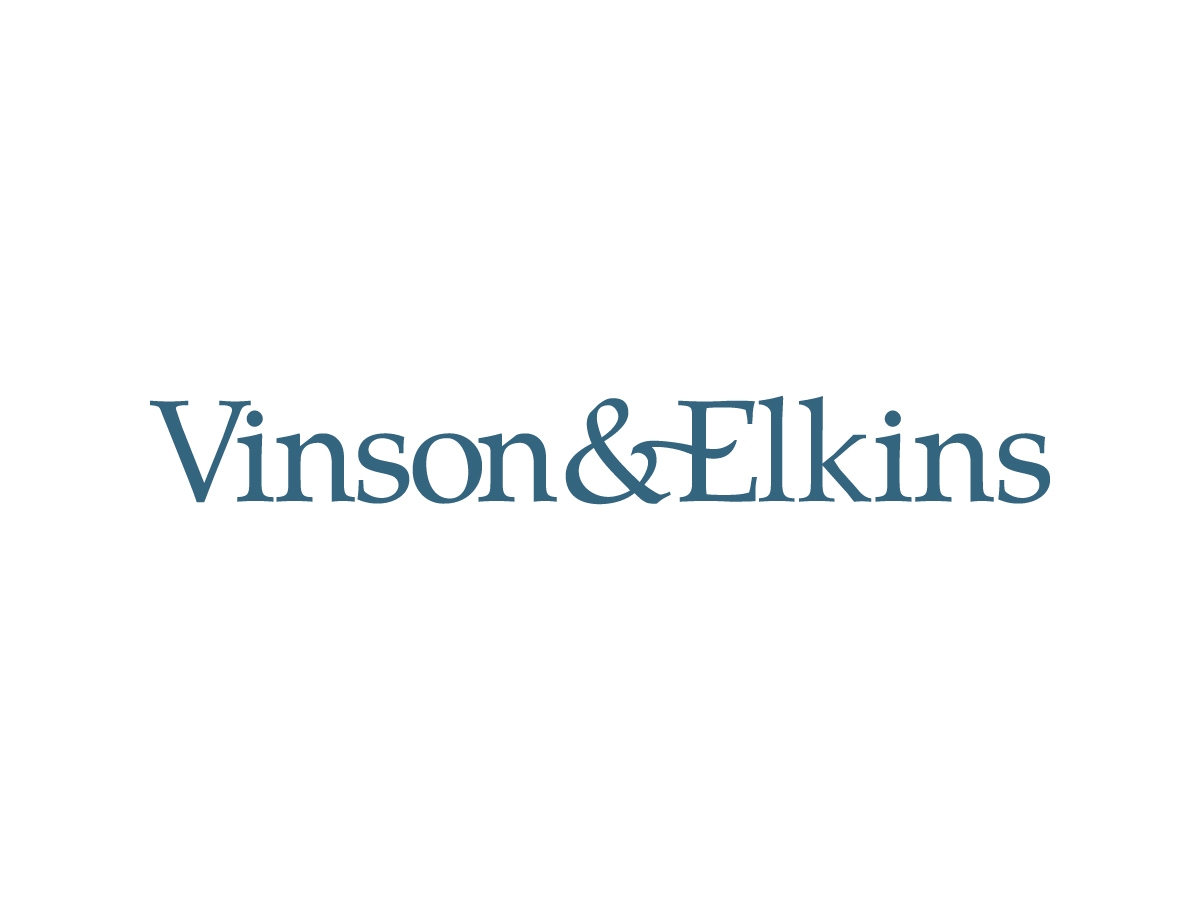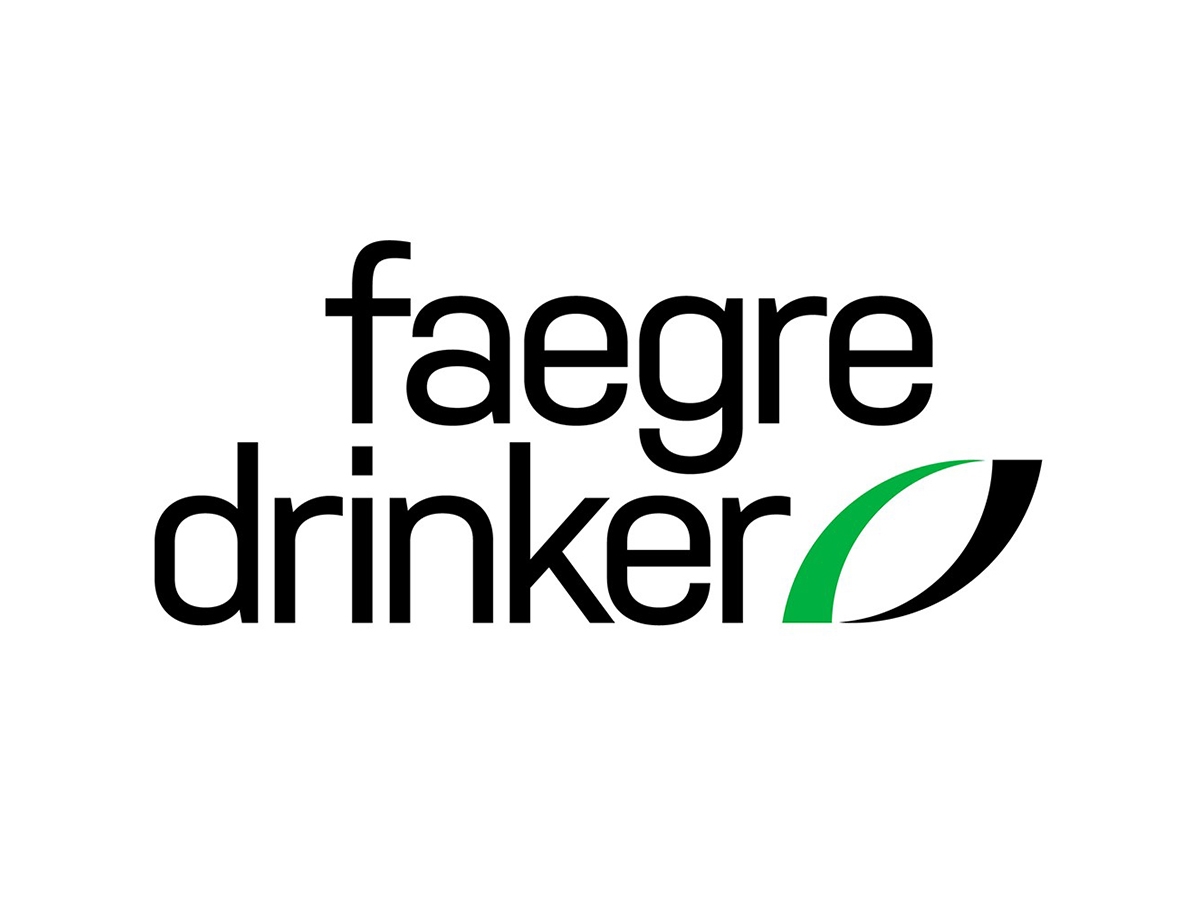USPTO Seeks to Cement PTAB Motion to Amend Pilot Program | Womble Bond Dickinson
The United States Patent and Trademark Office (USPTO) recently issued a Notice of Proposed Rulemaking seeking to revise its rules on amendment practice under the America Invents Act (AIA). Specifically, the USPTO is proposing to make permanent certain provisions of their 2019 motion to amend (MTA) pilot program, which is currently set to terminate in September 2024.
In post-grant proceedings before the Patent Trial and Appeal Board (PTAB), patent owners can seek to amend their claims by filing an MTA containing proposed substitute claims, subject to an array of threshold requirements. In the event the PTAB finds the originally challenged claims unpatentable on the grounds raised the petition, the PTAB can subsequently evaluate the patentability of the proposed substitute claims. However, since the passage of the AIA, the success rate of such motions has been minimal.
Under the MTA pilot program, a patent owner has the ability to request feedback on proposed substitute claims before the final written decision phase in two ways. In the first – the patent owner could request in its MTA preliminary guidance from the PTAB, which includes “an initial discussion about whether there is a reasonable likelihood that the original MTA meets statutory and regulatory requirements for an MTA and whether the petitioner (or the record then before the Office, including any opposition to the MTA and accompanying evidence) establishes a reasonable likelihood that the substitute claims are unpatentable.” This preliminary guidance is not binding on the PTAB, however, and the Board may also consider “new grounds of unpatentability discretionarily raised by the Board, together with citations to the evidence of record supporting those new grounds.”
Additionally, a patent owner may file a revised MTA “after receiving a petitioner’s opposition to the original MTA or after receiving the Board’s preliminary guidance (if requested)” which contains new claim amendments responsive to issues raised in the petitioner’s opposition or the PTAB’s preliminary guidance. A patentee is not required to exercise either option, however, and may continue with standard practice prior to the program. Supported by a 2023 USPTO Study, the Notice reports that “during the MTA pilot program study period, 24% of final determinations had at least one proposed substitute claim granted entry, as opposed to 14% of final determinations prior to the MTA pilot program” – a near-doubling in acceptance of amended claims. Interestingly, the USPTO reported most favor towards the pilot program by patentees in computer and engineering fields, as shown in the graphic below.
This recent Notice therefore seeks to cement these options into regular MTA practice; however, in response to concerns raised throughout the program, the USPTO proposes rule language granting the PTAB discretion to extend relevant MTA-deadlines for good cause. The Notice further proposes to reinforce the PTAB’s unbound discretion to sua sponte raise patentability challenges to proposed claim amendments, contrary to the PTAB’s currently precedential Hunting Titan decision. (Hunting Titan, Inc. v. DynaEnergetics Europe GmbH, IPR2018–00600 (PTAB July 6, 2020) (Paper 67)).1
The deadline for submitting comments is May 3, 2024. In the end, though the MTA pilot program did not result in a sizable uptick in PTAB amendments, the USPTO clearly found the benefits of the program outweigh any drawbacks and provide an improved process for patent owners seeking to emerge from PTAB proceedings with valid, tested claims.
1 Note: Womble Bond Dickinson (US) LLP represented Patent Owner DynaEnergetics in the above-cited decision.





